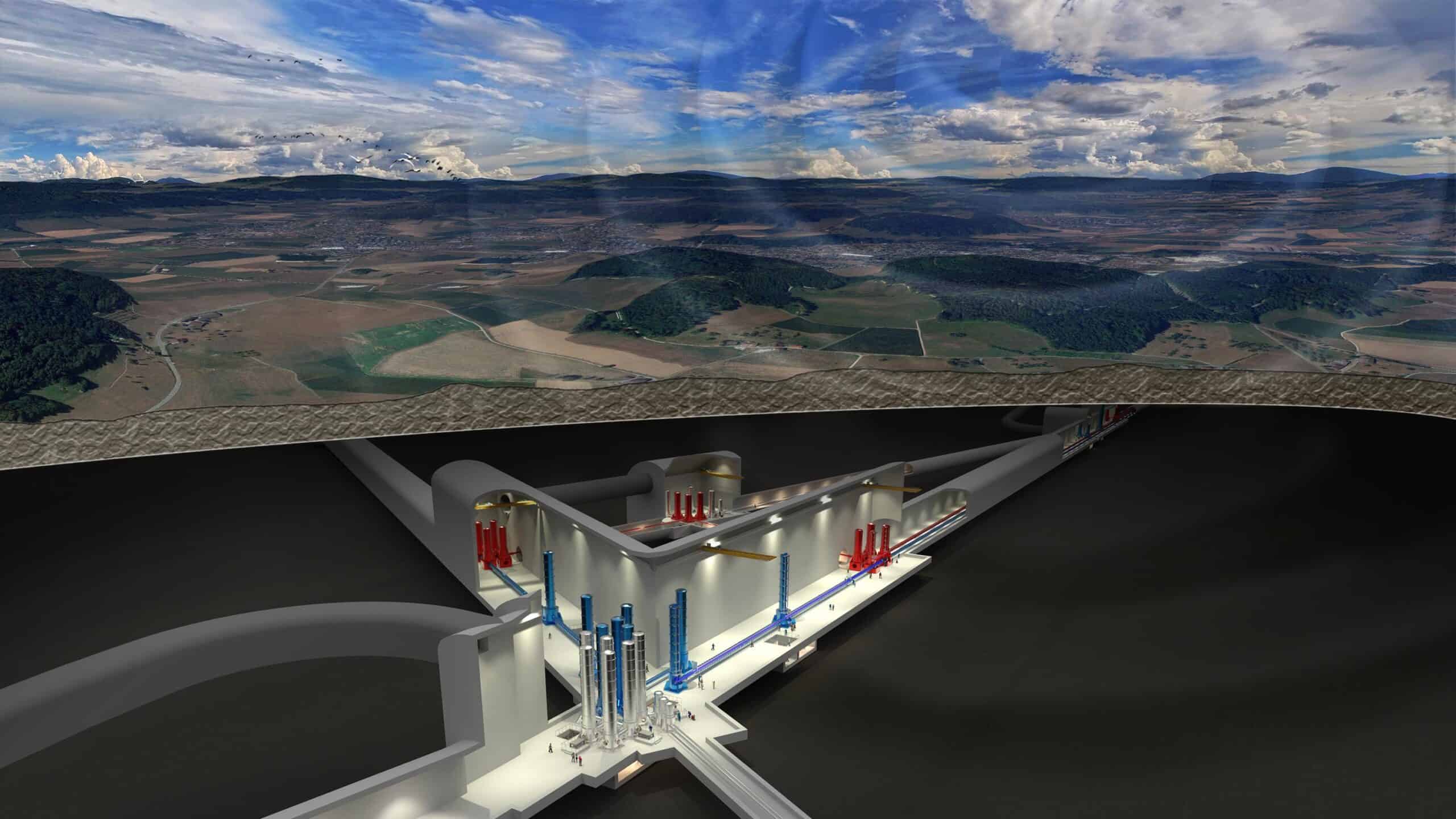
Flemish minister Jo Brouns has announced 21 million euros for companies and research institutes to develop technologies for the Einstein Telescope. This will be the most advanced observatory for gravitational waves in Europe.
Why you need to know this:
The Netherlands is a global leader in many different fields. We now have a great opportunity to also raise our profile with our contribution to the Einstein Telescope.
In an interview with Belgian newspaper Het Belang van Limburg, the minister said the Einstein Telescope means that the countries and region where the underground telescope will be built “will be assured of a place in the Champions League of the European economy in the coming decades”. It will also give a huge boost to STEM (Science, Technology, Engineering, Mathematics) education, is his belief.
If the Einstein Telescope is built in the border area of Belgium, the Netherlands and Germany, Minister Brouns estimates that a total of 350 to 500 million euros must be invested from Flanders. Earlier, 13 million euros have been allocated from Flanders to co-finance the current feasibility research phase.

Innovative boost
The minister indicates that (also) Flanders is getting a huge innovative boost. From Belgian Limburg, some companies are already working on new technologies. For example, Hasselt-based Agrippa Cleantech is working on an automatic and highly accurate leak detection system based on artificial intelligence. Interboring from Zonhoven is working on a reusable saw tube that can reduce the spread of dust when cutting concrete in a challenging environment (250 metres underground).
Meanwhile, in the Netherlands, regional development companies and partners with LIOF in the lead are encouraging the development of new technologies for the telescope, through a programme and R&D scheme for high-tech companies. A new round will start in February with the theme: vacuum technology. After that, three more rounds will open in 2024. The National Growth Fund made EUR 12.085 million available for this in 2022.

